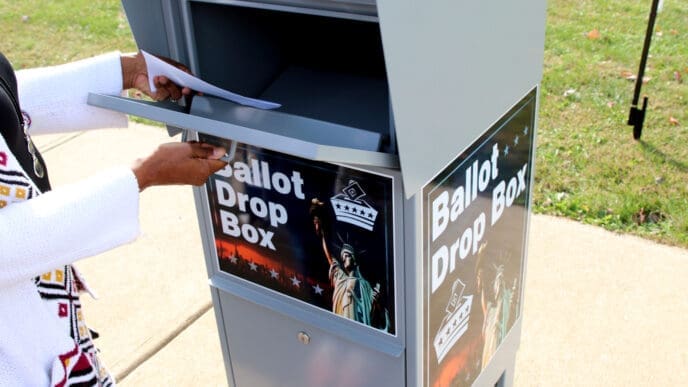In the final days of the Biden administration, Democratic Senator Kirsten Gillibrand is intensifying her efforts to secure the Equal Rights Amendment (ERA) for women’s rights. She is directly appealing to President Joe Biden to certify the ERA and incorporate its protections into the Constitution, a move she believes is crucial for reproductive rights.
Gillibrand has emphasized that President Biden has an opportunity to advance women’s equality without relying on Congress, particularly after the Supreme Court’s decision to overturn Roe v. Wade in 2022 left reproductive rights vulnerable. While Biden has enacted executive actions to safeguard abortion rights, these measures are temporary solutions that ultimately depend on Congressional action, which appears unlikely in the current political climate.
The ERA, initially passed by Congress in 1972, seeks to ensure equal rights for women. The amendment needs ratification from three-quarters of the states to become part of the Constitution, a benchmark reached when Virginia ratified it in 2020. Despite this, legal experts argue that existing ratification deadlines and the withdrawal of support by five states complicate the path forward, raising doubts about Biden’s legal authority to enact the ERA.
Gillibrand remains undaunted by these challenges. She continues to engage with key stakeholders within the administration, including the White House counsel’s office and the Gender Policy Council. Her persistence is evident in her direct approach to President Biden and the First Lady during informal interactions. Despite mixed responses, including statements of support without action, Gillibrand believes the ERA could constitutionally establish that denying reproductive care based on sex is unlawful.
The Biden administration has indicated that the option to pursue the ERA remains open. According to White House spokesperson Kelly Scully, President Biden has expressed a clear desire to see the ERA enshrined in the Constitution. Senior officials are actively discussing the issue with Congressional leaders and other parties, highlighting the urgency of reflecting the “clear will of the American people.”
The situation is further complicated by the Trump administration’s 2020 Justice Department opinion, which stated the deadline for the ERA had expired, rendering it ineligible for ratification. However, the National Archives clarified in 2022 that this opinion does not prevent Congress or the judiciary from addressing ratification issues. This leaves a window for potential action, although significant legal obstacles are expected.
Senator Kirsten Gillibrand’s advocacy for the ERA represents a critical effort to enshrine women’s equality into law. While the administration acknowledges the importance of this amendment, the path forward is fraught with legal and political challenges. Despite these hurdles, the push for gender equality remains a pressing issue for many Americans.














